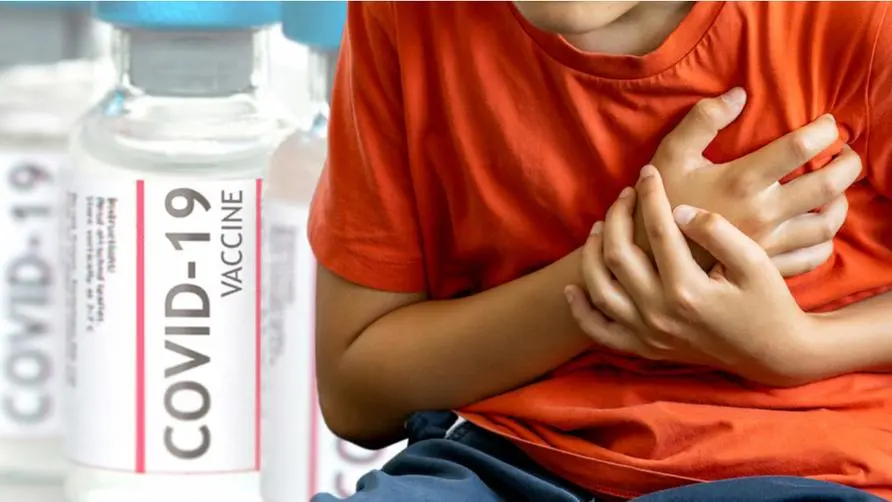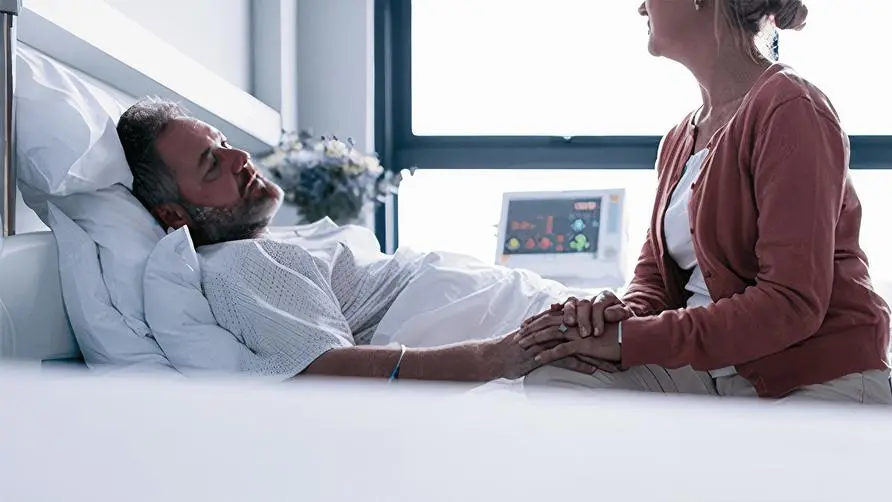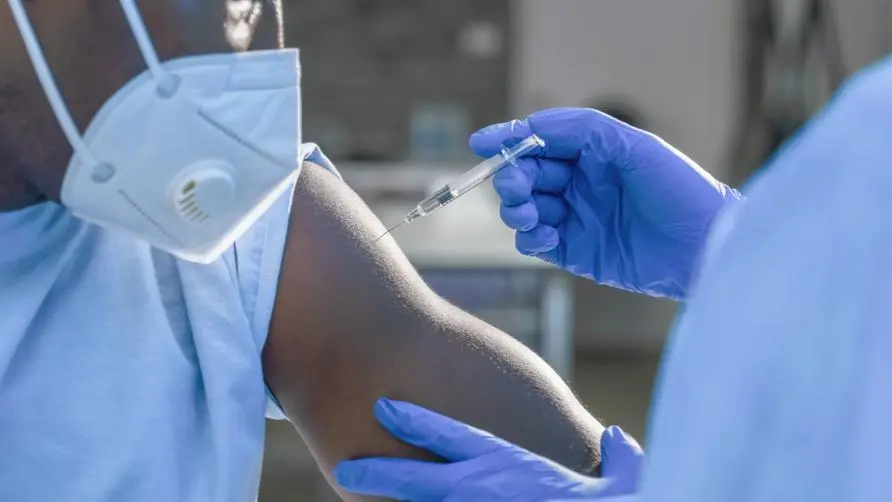Worried about the increased risk of "severe disease" after diagnosis? Research shows that the "third day" of hospitalization is a critical period

Whether the course of COVID-19 patients will progress to “severe disease” can be known in advance by testing the “immune response” in the body? A research report published by the University of Southern California at the European Congress of Clinical Microbiology and Infectious Diseases (ECCMID) pointed out that the average “third day” of hospitalization for elderly patients will be a critical period to determine whether they are seriously ill. By testing the host protein activity in patients in advance, it is helpful to identify the future course of the disease, thereby reducing the patient’s risk of death.
“Host protein” is related to the progression of severe disease? Study: After ‘Day 3’ of hospitalization is key
The research team observed hospitalized patients with new coronary pneumonia from March to October 2021. Among the 90 patients, the average age was about 60 years old. Baseline characteristics were similar between groups, except for higher rates of diabetes or chronic heart failure in patients with severe disease.
The research team collected blood samples on the 1st, 3rd, 5th and 7th days of the patient’s hospitalization and tested three host proteins to observe the body’s immune response to COVID-19: “Interferon-γ” Inducible protein 10 (IP-10), C-reactive protein (CRP) and tumor necrosis factor-related apoptosis-inducing ligand (TRAIL).
On the first day of observation, there was no significant difference between the severe group and the non-severe group. Until the third day of observation, the concentration of TRAIL in the severe group began to decrease, while the level of IP-10 increased. The IP-10 and TRAIL levels of the experimental group were higher than 570 pg/mL (picogram/ml) and lower than 25 pg/mL respectively, which met the definition of severe disease by WHO.
The study further pointed out that the severe group took longer to recover, with an average of 12 days compared with 4 days for the non-severe group. The mortality rate of the severe group showed a higher trend, with the rates of severe group and non-severe group being 20% and 0% respectively. In addition, the probability of “invasive secondary infection” in the severe group was eight times that of the non-severe group.
Detecting “immune responses” reduces fault tolerance? Expert: Helps optimize treatment behavior
Anthony Sophonsri, PhD in infectious diseases at the University of Southern California and study author, pointed out that observing the host’s immune response pattern can help understand the immunopathology of COVID-19. After the third day of hospitalization, there may be a potential turning point in the disease progression, and this phenomenon is related to the fluctuation of IP-10 and TRAIL index, which may be helpful to identify potentially severe patients.
“New coronavirus pneumonia is a disease with high uncertainty. By monitoring the immune proteins in hospitalized patients in advance, it may help medical institutions to respond faster and prepare relevant emergency measures.”
Sophonsri said that if the body’s immune response to the new coronavirus is “overactive”, it may lead to serious complications of new coronavirus pneumonia. Although drugs such as corticosteroids can help control the inflammation associated with severe disease, each patient responds differently to the drugs and cannot be used as a single treatment approach. Therefore, there is an urgent need to identify biomarker drugs that can predict disease progression to optimize the treatment of COVID-19.
“Many patients in the emergency room receive only minimal oxygen supplementation, such as nasal cannula. They may require mechanical breathing assistance within a week of the disease progressing. Blood sampling can reduce the error rate in judging the disease course, which may greatly Reduce patient mortality,” Sophonsri said.
source:
Third day in hospital identified as a ’tipping point’ in severity of COVID-19 pneumonia





